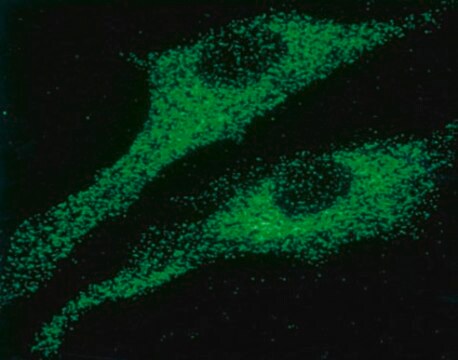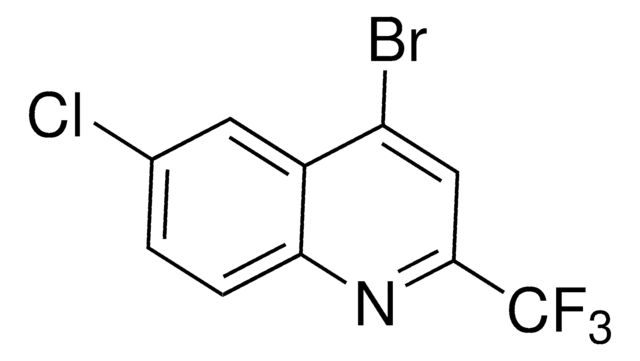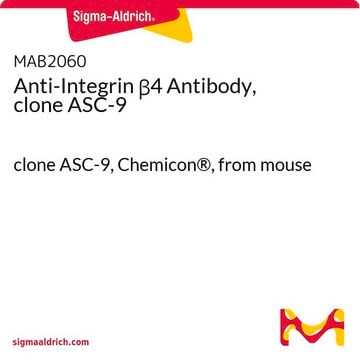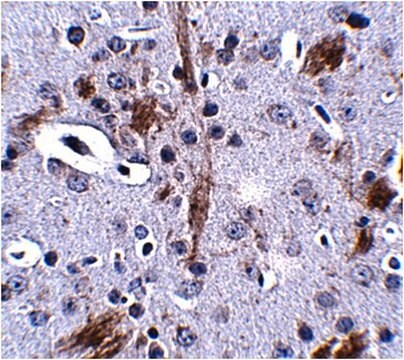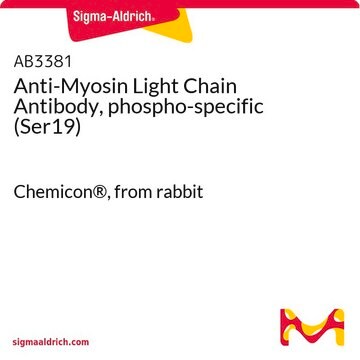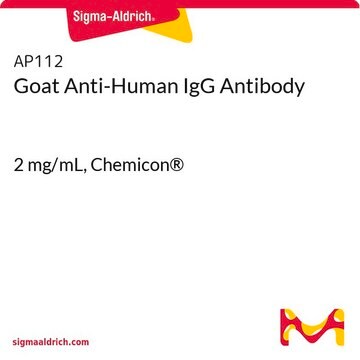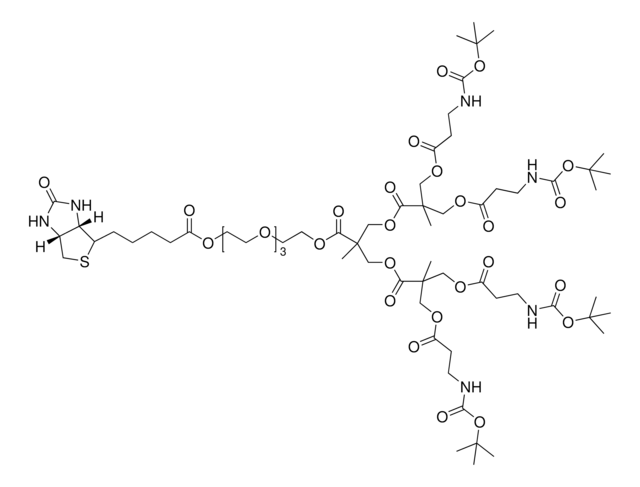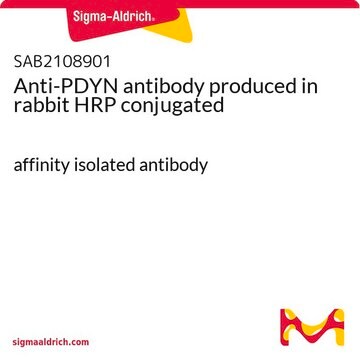MAB2059Z
Anti-Integrin β4 Antibody, clone ASC-8 (Azide Free)
clone ASC-8, Chemicon®, from mouse
Synonym(s):
CD104, MAB2059
About This Item
Recommended Products
biological source
mouse
Quality Level
antibody form
purified antibody
antibody product type
primary antibodies
clone
ASC-8, monoclonal
species reactivity
human
manufacturer/tradename
Chemicon®
technique(s)
flow cytometry: suitable
immunohistochemistry: suitable
immunoprecipitation (IP): suitable
isotype
IgG1κ
NCBI accession no.
UniProt accession no.
shipped in
wet ice
target post-translational modification
unmodified
Gene Information
human ... ITGB4(3691)
Application
Quality
0.5 µg of the antibody was used to detect Integrin β4 in 1x10^6 A431 cells.
0.5 µg of the antibody was used to detect Integrin β4 in 1x10^6 HeLa cells.
Physical form
Other Notes
Legal Information
Not finding the right product?
Try our Product Selector Tool.
Storage Class
12 - Non Combustible Liquids
wgk_germany
WGK 2
flash_point_f
Not applicable
flash_point_c
Not applicable
Certificates of Analysis (COA)
Search for Certificates of Analysis (COA) by entering the products Lot/Batch Number. Lot and Batch Numbers can be found on a product’s label following the words ‘Lot’ or ‘Batch’.
Already Own This Product?
Find documentation for the products that you have recently purchased in the Document Library.
Our team of scientists has experience in all areas of research including Life Science, Material Science, Chemical Synthesis, Chromatography, Analytical and many others.
Contact Technical Service